Welcome to the Standing Ready season one finale, “Competitive Adaptative: A History of Sports in the VA.” The podcast looks at the past, present and future of adaptive sports within VA.
From the very beginning of federal health care for Veterans at the National Home for Disabled Volunteer Soldiers, sports have played a role in healing and rehabilitation.
VA sports started with baseball and golf after the Civil War. It was the origins of wheelchair basketball after the second World War. Athletics have grown to encompass a number of new sports. It also provides therapy for Veterans with limb loss, spinal cord injury, post-traumatic stress and a number of other disabilities.
It has also grown its own communities of support as Veterans are brought together by sports to learn and heal.
Program origins and innovations
In this episode, producer Shawn Spitler and I speak with Lief Nelson, director of VA’s Adaptive Sports Program. They’ll discuss the origins of the program and its history within VA. They’ll also learn about exciting innovations moving the program forward.
Finally, Veteran and paralympian Kyle Pitman will honor us with his story. From his time in Iraq and his journey toward the Summer Paralympics in Tokyo, we gain insights into how cycling has fueled his rehabilitation and what it means to him to continue this long held tradition of Veteran athletes.
Join us
Join me and Spitler for this episode and past episodes of the Standing Ready podcast. The podcast elevates and highlights the significant contributions of the nation’s largest health care system through a historical lens by conducting interviews with VHA innovators and pioneers.
To listen to previous Standing Ready podcasts, click here.
Katie Delacenserie is the historian for the Veterans Health Administration.
Topics in this story
More Stories
One strategy credited for the improvement is a focus on building trust and stronger patient-provider relationships.
Army and Marine Corps Veteran started making models after being hospitalized at Connecticut VA.
Veteran Hank Ebert is a bit of a superstar in the National Veterans Wheelchair Games. He has been attending since 1993.

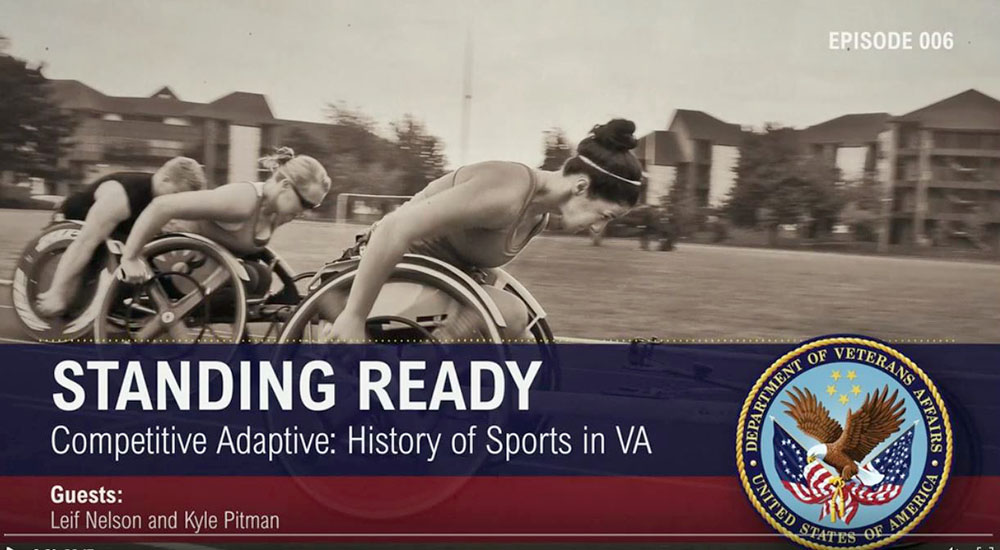
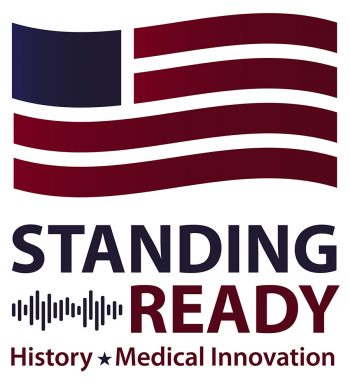
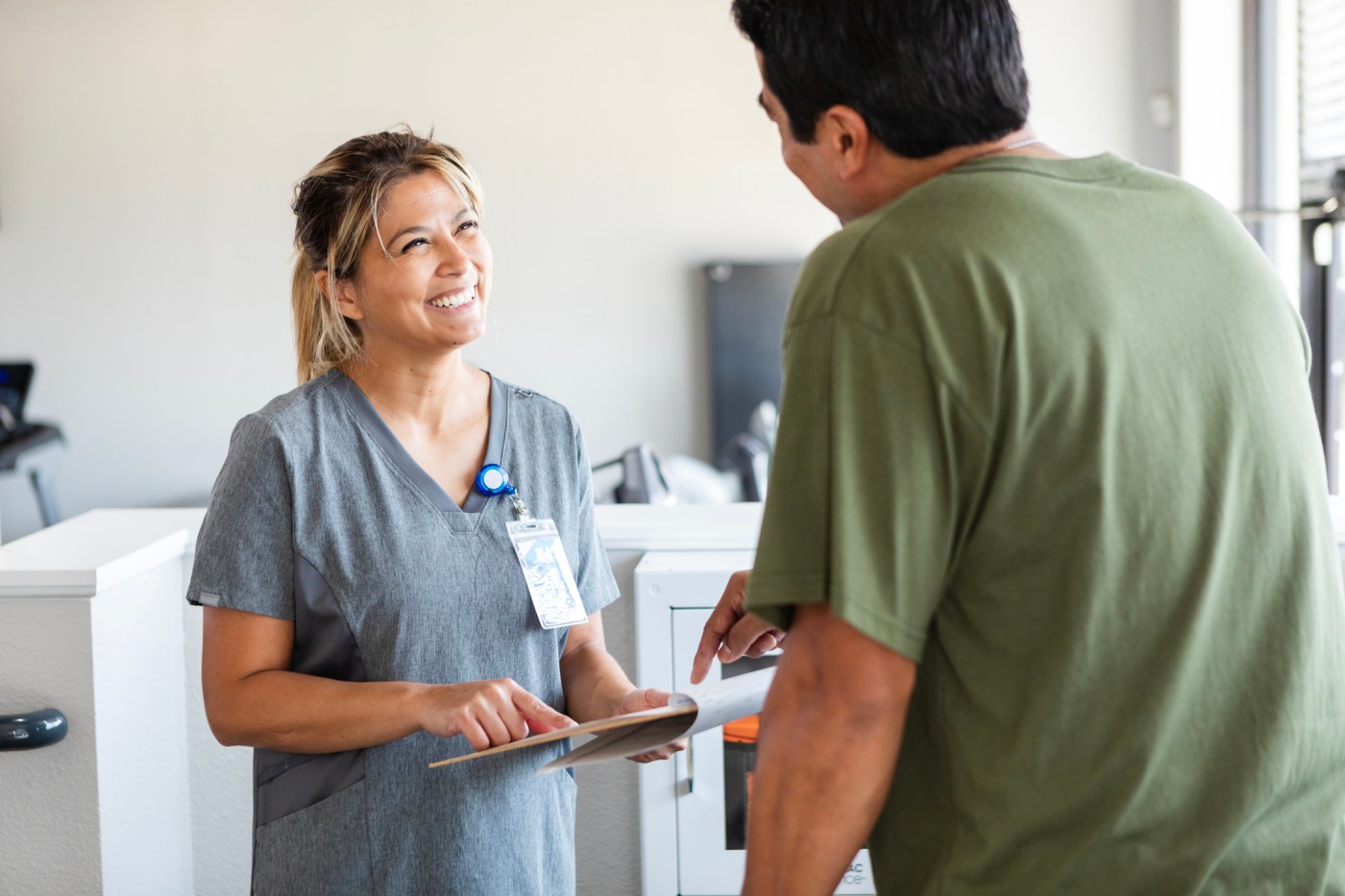
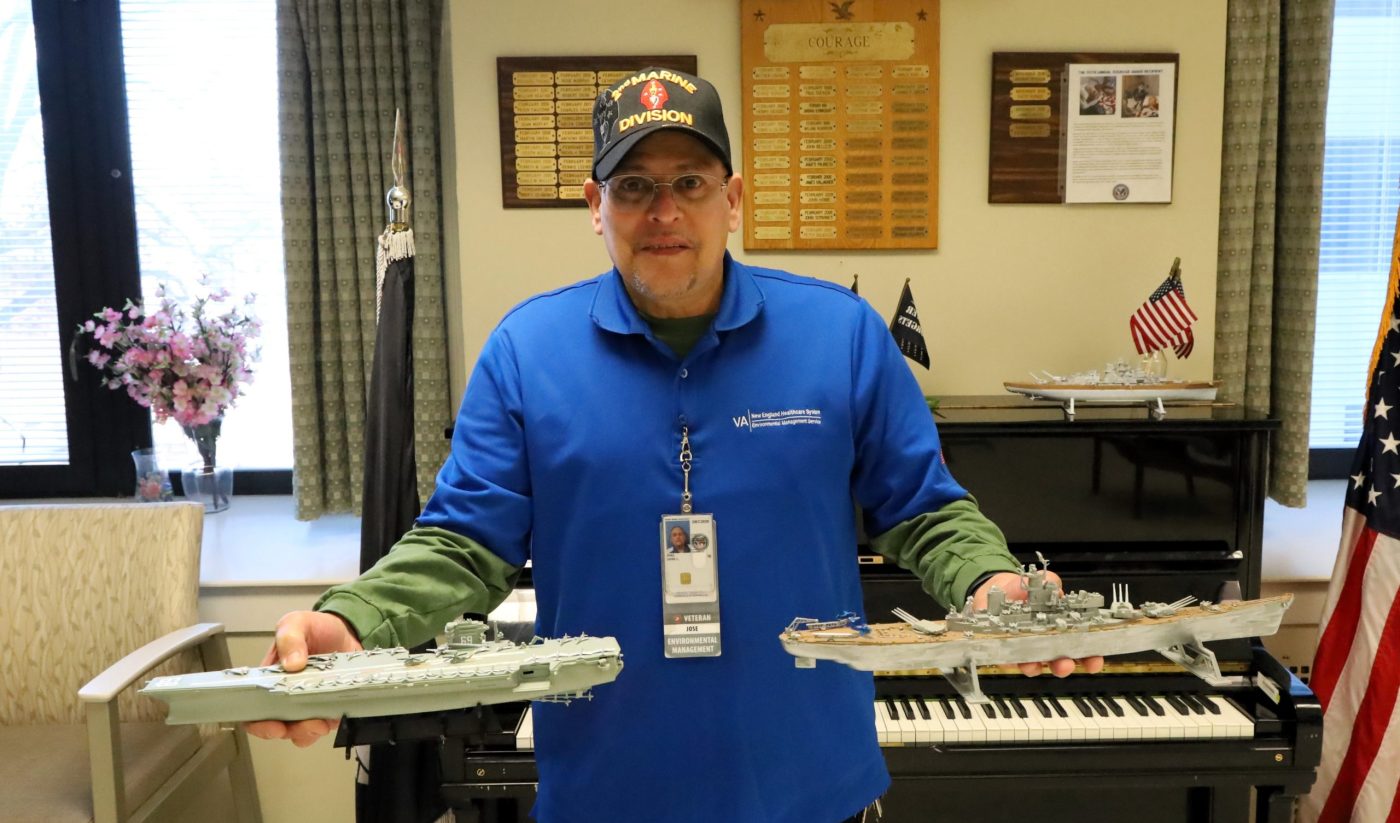
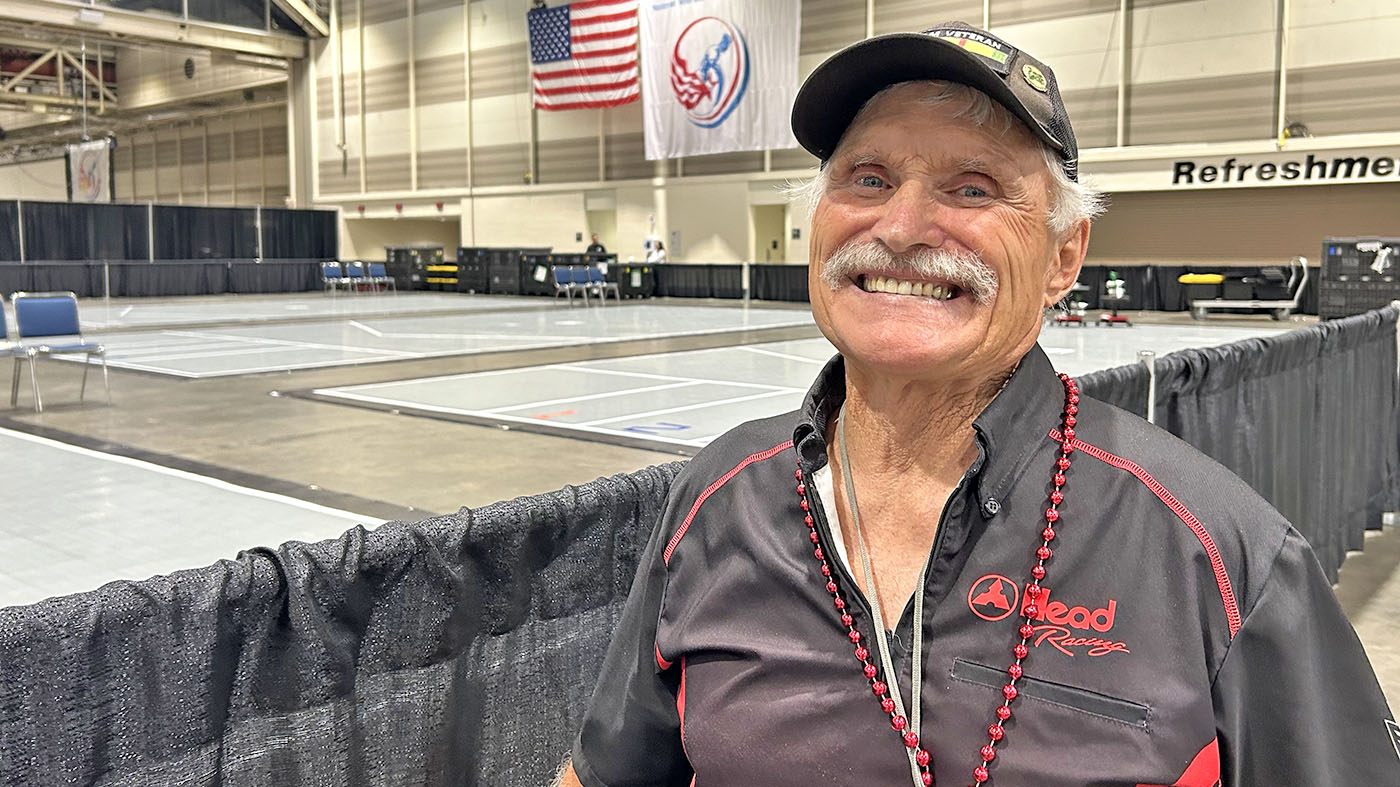


Really enjoyed this! Thank you. Mike